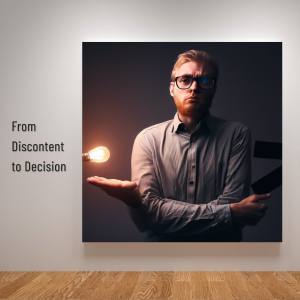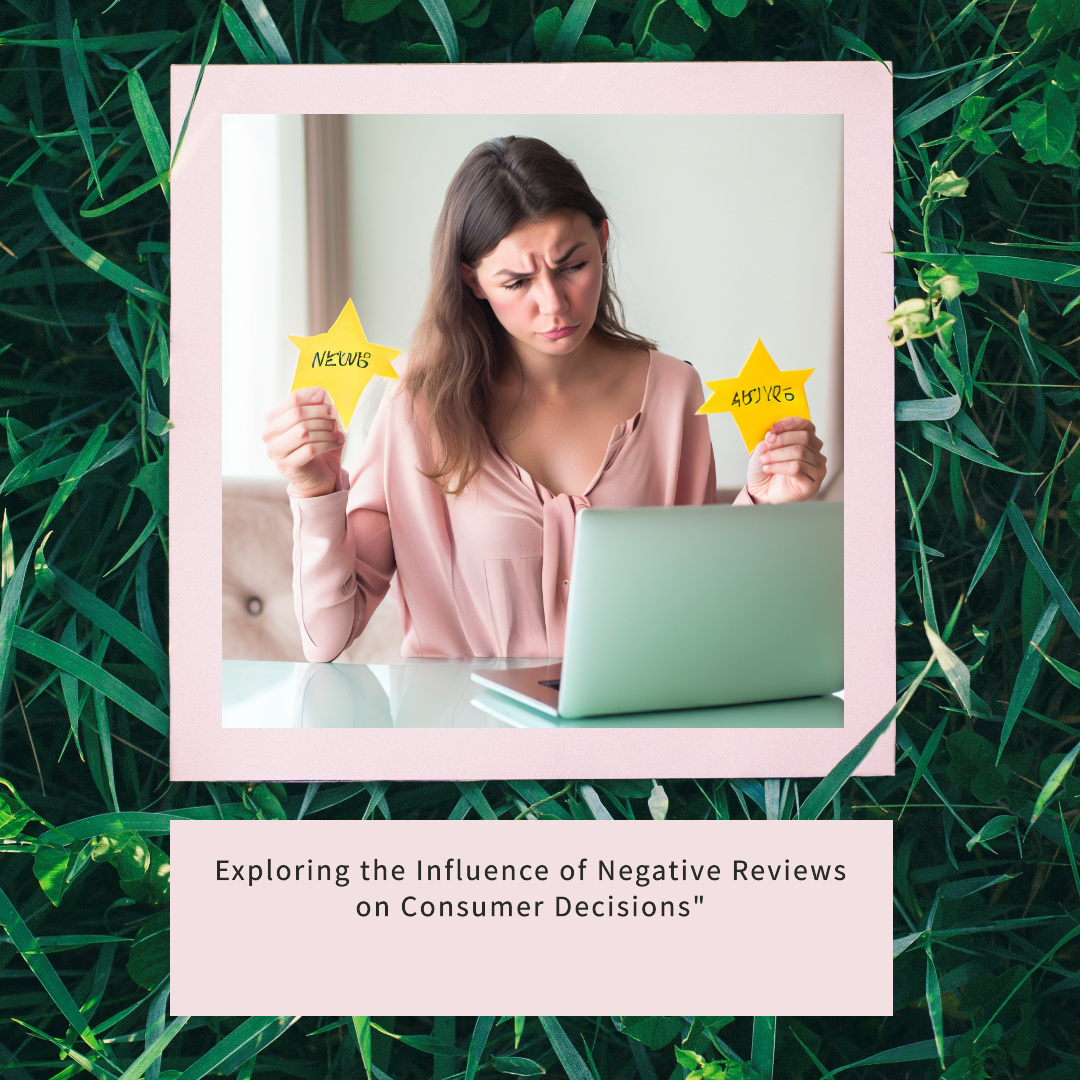A wide range of factors are increasingly influencing consumer decisions in today’s connected digital environment.
How do negative reviews impact consumer decisions?
Negative reviews have a significant impact on consumer decisions as they evoke a range of emotions, including disappointment, skepticism, and caution. These emotions influence consumers’ perceptions and drive them to seek validation through further research before making a purchase.
One such critical factor is the emotional undercurrent that negative reviews can evoke in potential buyers.
While it’s easy to assume that negative reviews only dissuade consumers from making a purchase, a deeper examination reveals a complex web of emotions that significantly impact purchasing behaviors.
The Emotive Journey: From Discontent to Decision

Negative reviews trigger a range of emotions that traverse the spectrum from disappointment and frustration to skepticism and caution. Every review has the ability to leave a lasting impression that influences the consumer’s choice at various points.
A first unfavorable review could cause a prospective customer who has great hopes for a product or service to feel disappointed or frustrated. This emotional response serves as a starting point for an intricate chain of events that unfolds as the consumer delves further into the review.
As the consumer delves deeper into the review and seeks context, skepticism often takes center stage. They start questioning the validity of the review, the reviewer’s experience, and the potential bias involved. This analytical approach demonstrates a critical shift in the consumer’s mindset, indicating that negative reviews prompt a heightened level of scrutiny and research.
Trust Deficit and the Path to Validation

Negative reviews eventually bring the consumer to a fork in the road where they must decide whether to trust the reviewer’s advice or seek out more proof. This quest often involves seeking out other reviews, consulting expert opinions, or even engaging with the brand directly to address concerns.
Interestingly, this pursuit of validation can foster a unique bond between the consumer and the brand. The act of investing time and effort to verify a negative review showcases the consumer’s commitment to making an informed decision. Brands that respond proactively and empathetically to negative reviews can seize the opportunity to rebuild trust and demonstrate their dedication to customer satisfaction.
From Emotions to Action: The Decision-Making Nexus

Consumer decisions are seldom the result of a single input; rather, they emerge from a synthesis of emotions, information, and external influences. Negative reviews serve as a catalyst, amplifying the emotional resonance of the decision-making process. The emotions elicited by negative reviews, when channeled effectively, can prompt consumers to engage more deeply with the decision at hand.
Brands that recognize the nuanced emotions triggered by negative reviews have an opportunity to tailor their responses and marketing strategies accordingly. Acknowledging consumer concerns and addressing them transparently can not only salvage a potential sale but also foster brand loyalty through the display of genuine care and understanding.
Conclusion: Embracing the Emotive Impact
In the world of consumer decisions, emotions wield a remarkable influence, particularly when channeled through the conduit of negative reviews. The journey from disappointment to validation, skepticism to trust, and emotions to action paint a vivid picture of the intricate path consumers tread when confronted with unfavorable feedback.
For brands aiming to optimize their consumer interactions, embracing the power of emotions stirred by negative reviews is essential. By acknowledging, understanding, and responding to these emotions, brands can transform negative reviews from deterrents into opportunities for connection, trust-building, and ultimately, informed consumer decisions.
In this age of information and choice, it is the brands that navigate this intricate landscape of emotions and decisions that stand to leave an indelible mark on the minds and hearts of their consumers. The power of emotions, as unveiled through the influence of negative reviews, is a force that savvy brands can harness to forge lasting relationships and drive meaningful results.
FAQ’s
Are negative reviews always detrimental to a brand’s reputation?
Negative reviews can be both a challenge and an opportunity. While they may initially harm a brand’s reputation, how the brand responds to these reviews can turn the situation around. Thoughtful and empathetic responses can rebuild trust and demonstrate the brand’s commitment to customer satisfaction.
Why do consumers place such emphasis on negative reviews?
Negative reviews serve as a source of caution and information for consumers. They highlight potential pitfalls and shortcomings of a product or service, allowing consumers to make more informed decisions and avoid disappointments.
Do emotions play a role in how consumers perceive negative reviews?
Yes, emotions play a significant role. Negative reviews trigger emotional responses such as disappointment, frustration, and skepticism. These emotions guide consumers’ subsequent actions, influencing their willingness to trust the review and the brand.
Can negative reviews actually strengthen consumer-brand relationships?
Yes, negative reviews can be an avenue to strengthen relationships. Brands that respond transparently and empathetically to negative reviews show a genuine commitment to customer satisfaction. This proactive engagement can build trust, loyalty, and a sense of connection with consumers.
How can brands leverage the emotional impact of negative reviews?
Brands can leverage negative reviews by acknowledging consumer emotions and concerns. Crafting responses that address these emotions while providing additional information or solutions can turn negative experiences into opportunities for engagement, trust-building, and influencing positive consumer decisions.

